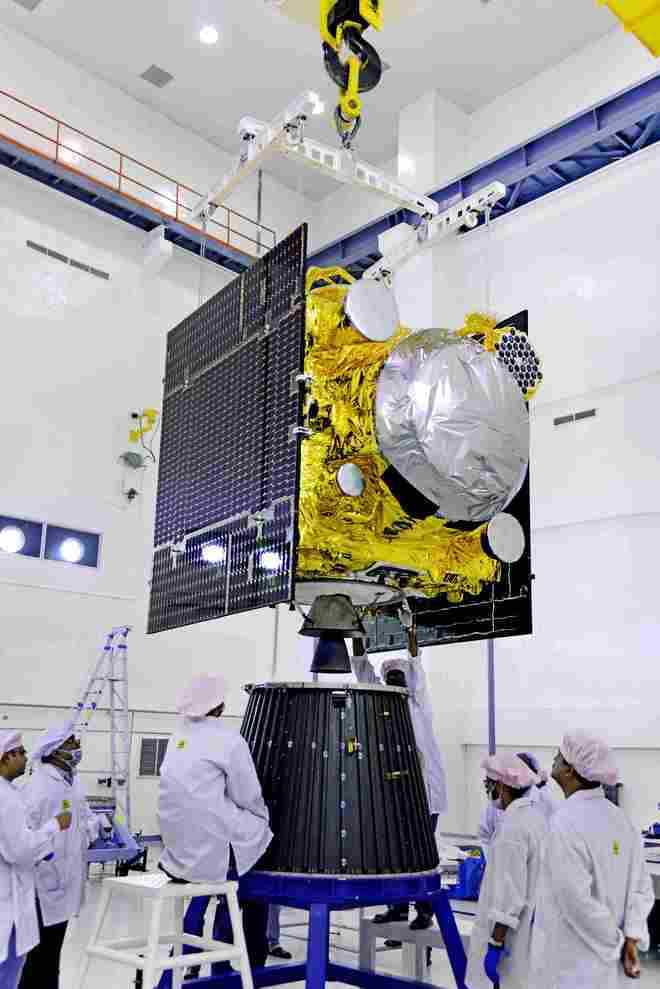
Sriharikota (AP), August 31
In a setback, India’s mission to launch its eighth navigation satellite where the private sector was involved for the first time in the assembly of its spacecraft failed today following a technical snag after a perfect lift off of its polar rocket.Describing the failed mission as a ‘mishap’, ISRO Chairman Kiran Kumar said the heat shield did not separate for the IRNSS-1H, a backup navigation satellite, to be put into orbit in the final leg of the launch sequence. As a result, the satellite got stuck in the fourth stage of the Polar Satellite Launch Vehicle PSLV-C39.“Today the launch mission has not succeeded. While all the systems of the launch vehicle performed extremely well, we had a mishap. Heat shield has not separated,” said the chief of the Indian Space Research Organisation(ISRO), shortly after the satellite failed to separate as scheduled about 20 minutes after the lift-off.The eighth satellite was a back-up navigation satellite for IRNSS-1A, one of the seven satellites in the constellation, as its three rubidium atomic clocks on board had stopped functioning.For the first time, the private sector has been actively involved in assembling and testing of a satellite unlike earlier where its role was limited to supplying components.Today’s setback is considered a rare failure in India’s space mission involving the PSLV, dubbed as ISRO’s workhorse, which has had a time-tested record of 39 consecutive successful launches, ever since its maiden flight failed 24 years ago. On September 20, 1993, the first development flight PSLV-D1 was unsuccessful in launching the IRS-1E remote sensing satellite into orbit. — PTI
What went wrong
- ISRO Chairman Kiran Kumar said the heat shield did not separate for the IRNSS-1H, a backup navigation satellite. As result, the satellite imploded in the fourth stage of the Polar Satellite Launch Vehicle PSLV-C39
- The heat shield is meant to protect the satellite from the heat generated by the friction against atmosphere during take-off
